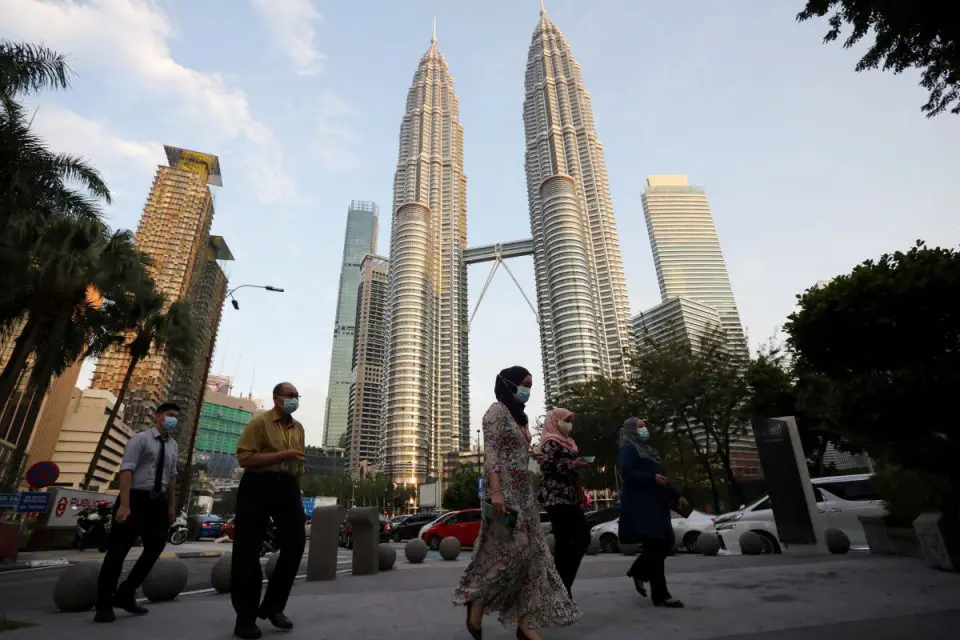KUALA LUMPUR, Jan 28 — A new revenue policy can only be introduced after the country’s economy has recovered and the people are ready, Finance Minister Tengku Datuk Seri Zafrul Abdul Aziz said.
He said the country needs to address inflation-related issues first due to the disruption of the global supply chain, higher energy costs such as escalating fuel prices, and high consumer demand globally due to the reopening of the world economy.
“All these factors have affected the cost of living of Malaysian families, especially the B40 and M40 groups,” he said when presenting the 83rd National Inter-Agency Economic Stimulus Implementation and Coordination Unit (Laksana) report today.
Tengku Zafrul said various initiatives have been taken to address the issues of inflation and rising prices of basic necessities.
“A total of RM31 billion allocation in the form of RON95 petrol, diesel, cooking oil and flour subsidies is provided in Budget 2022 while RM200 million is allocated to reduce the price of essential goods in villages,” he said.
Elaborating on Budget 2022, Tengku Zafrul said as at January 14, a total of RM31 billion had been channelled to individuals and businesses through 43 government initiatives.
On the Financial Sector Blueprint 2022-2026, he said it underpins three broad outcomes — finance for all, finance for transformation, and finance for sustainability.
“It also outlines five strategic thrusts, namely achieving outcomes such as financing the transformation of Malaysia’s economy, improving the financial well-being of households and businesses, and advancing the digitization of the financial sector,” he added.
Besides, he said the blueprint also targets the development of value-based finance through leadership in Islamic finance, as well as putting the financial system in an orderly position that facilitates an orderly transition to a more sustainable economy.
— Bernama





